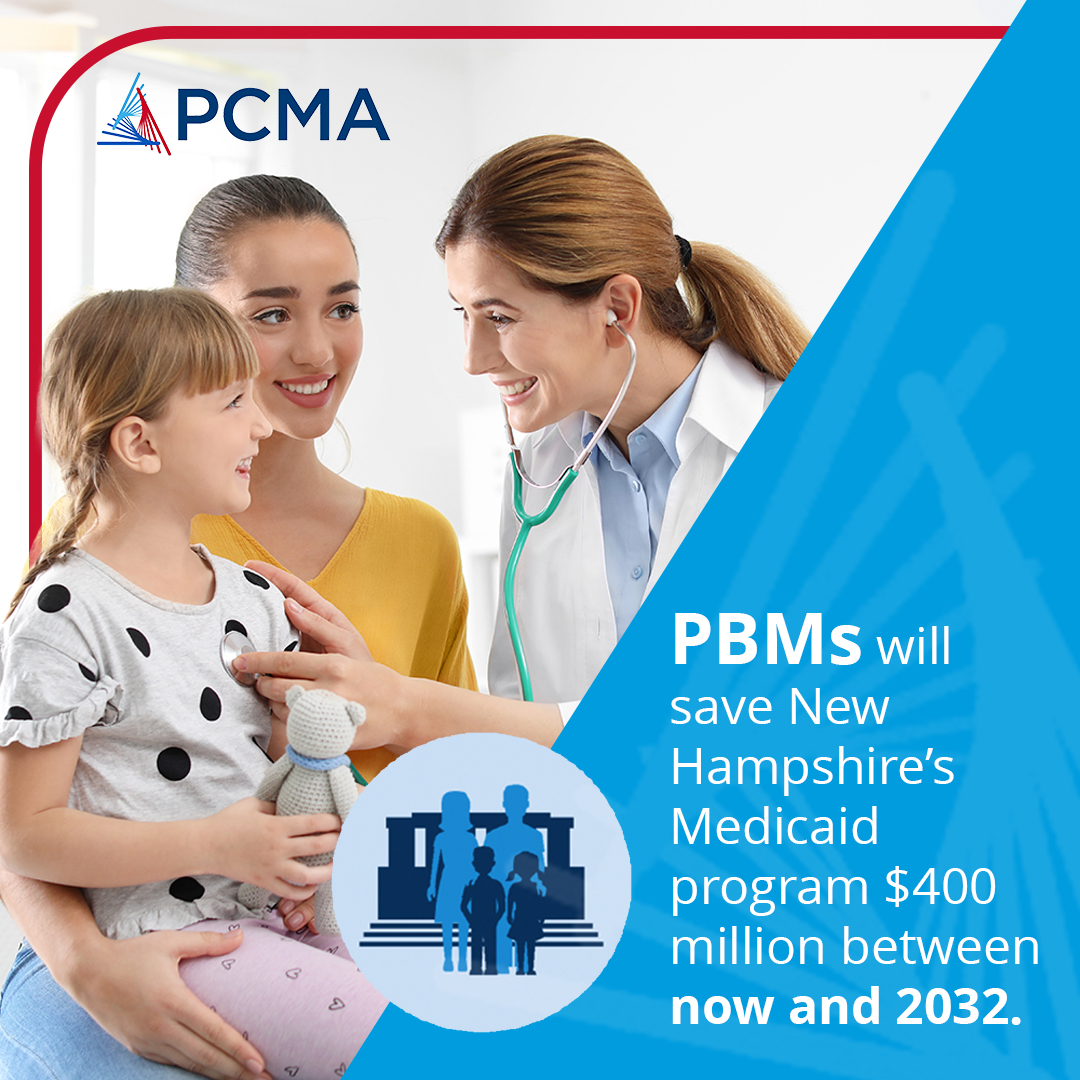How big was the turnout in the First in the Nation GOP presidential primary?
The final number from Secretary of State David Scanlan is 324,612 ballots cast. But is that a lot? For a Super Bowl TV audience, it’s tiny. For a primary in a small, New England state with 1.4 million residents, it’s massive.
How massive? Well, GOP turnout set a record in the 2016 presidential contest with 284,120 votes cast. The 2024 primary beat that number by 40,492 — a 14 percent increase.
And compared to the primary we’re likely to have this September, as the two parties pick their nominees for governor, the FITN turnout looks bigger still.
How much bigger? Nikki Haley lost to Donald Trump two weeks ago by 11 points with 140,280 votes. That’s more votes by herself than the number of votes cast for all the Republican candidates in the 2022 primary. And that was the highest state GOP primary turnout number ever.
And Donald Trump’s 176,392 last month was even bigger.
That was the takeaway for numbers cruncher Greg Moore, state director of Americans For Prosperity in New Hampshire, during a NHJournal podcast interview. The pool of voters participating in this September’s match-up between Kelly Ayotte and Chuck Morse is going to be far smaller than the presidential primary.
And the voters who do participate, Moore says, are going to be more Republican.
“There are about 880,000 registered voters in New Hampshire, and 37 percent of them participated in the Republican primary. That’s an outrageous number,” Moore said. “We get a level of voter participation here that happens nowhere else in the country.”
But he predicts the number on Sept. 10 will likely be closer to 150,000, and many of the nondeclared voters who took a GOP ballot will do what they usually do during a state primary: stay home. Either that, or they’re going to be drawn to the race between former Manchester Mayor Joyce Craig and Executive Councilor Cinde Warmington in the Democratic primary for governor.
As a result, when the primary pool shrinks from 324,000 to 150,ooo, the voters who show up for the Republican primary are going to be … Republicans.
According to the Associated Press/Fox News voter analysis, about 34 percent of FITN Republican primary respondents said they won’t vote for Trump if he is the Republican nominee. Those voters were motivated in part by their desire to stop Trump. Why would they care who the GOP nominates for governor or run against Rep. Chris Pappas in the First Congressional District?
Some analysts point to the fact that about 37,000 undeclared voters took GOP ballots and didn’t switch their registration back to unaffiliated after they voted. That gives Republicans a registration advantage of about 40,000 over Democrats — on paper. But those voters aren’t likely to show up for a state primary in a party they only loosely identify with.
That’s the view of GOP consultant Matthew Bartlett. “In September, New Hampshire will revert to its normal partisan and participatory levels as in previous cycles. The First in the Nation primary is always important, but it does not have lasting impact — especially this one, which was the most bizarre in memory.”
Then there’s the impact of the available pool of voters when, in theory, Ayotte, Craig, and Warmington are all fishing for some of the same suburban, college-educated moderates. Will there be enough to go around?
Haley had tremendous success motivating undeclared voters to back her in the GOP primary. More than 134,000 nondeclared voters took GOP ballots, compared to just 25,735 who voted in the Democrat’s contest. And even then, Haley lost to Trump by double digits.
That’s how important winning the GOP base was in January. Imagine how much more important it will be in September.
“The voter pool in the [September] primary magnifies the advantage for Trump candidates,” Moore said.
One last number: 189,980. That’s how many registered Republicans voted in the FITN primary. A subset of those voters will decide who represents their party in the November elections for governor and Congress. And thanks to New Hampshire’s horrible primary calendar, they’ll be making their decision in September, when the race for the White House will be red hot.
Assuming it’s a Biden vs. Trump race, they’re going to be looking for nominees who are just as committed to a Trump victory as they are.
Republican candidates should campaign accordingly.





